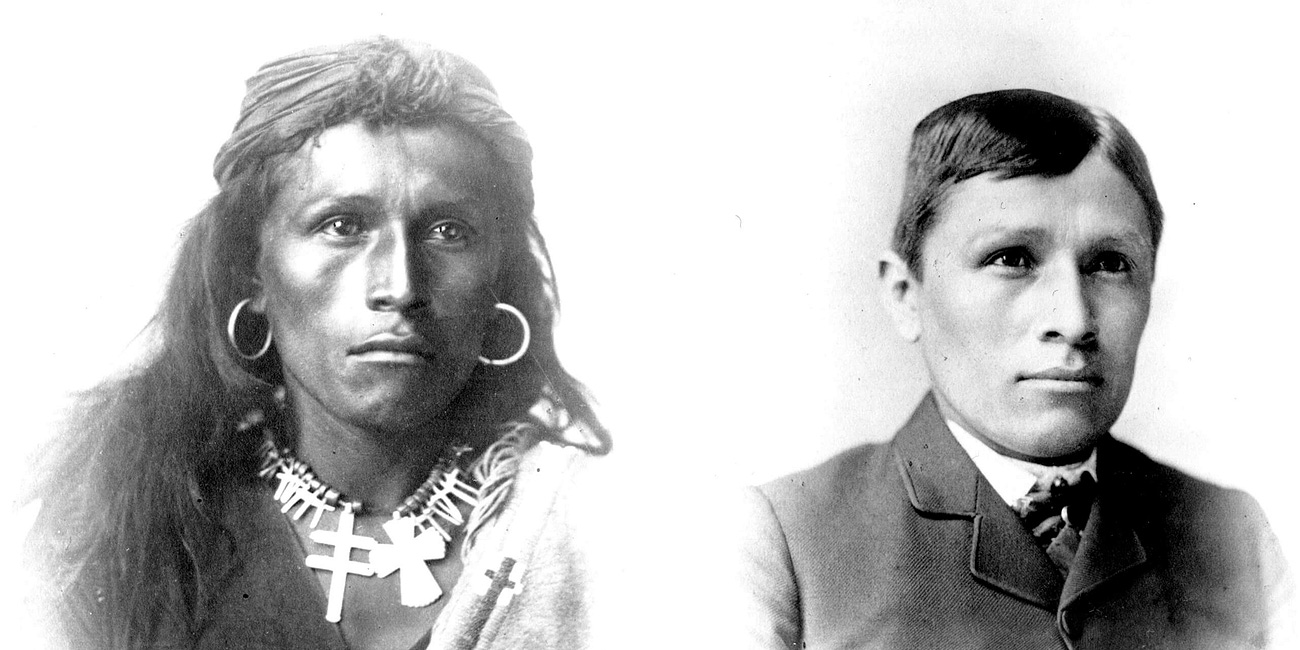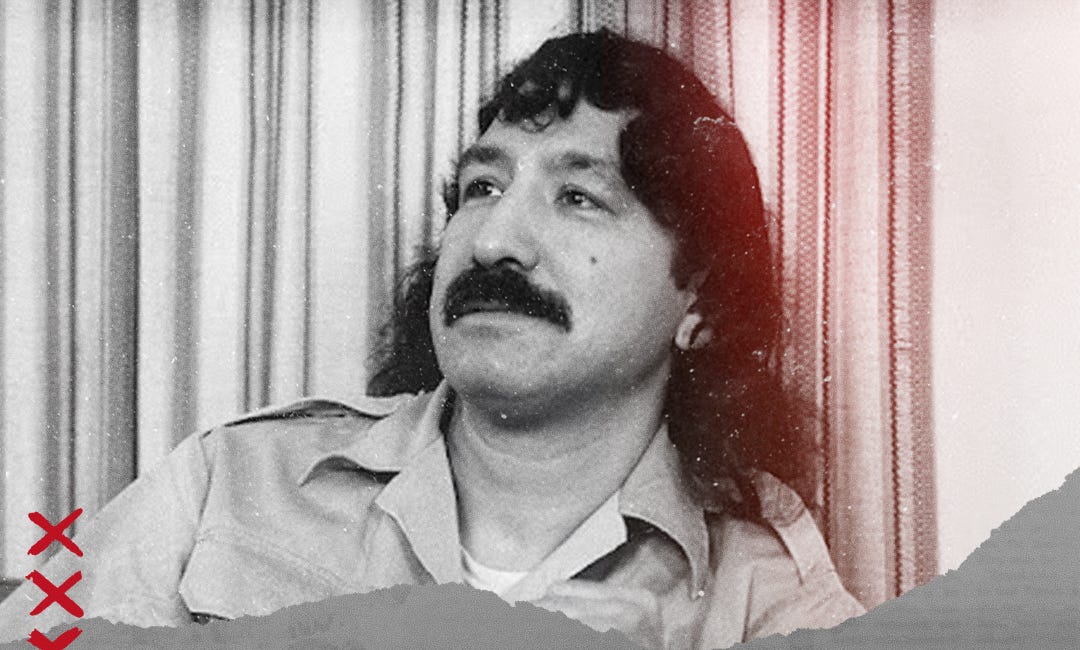🗣️ "We Make History": Biden Issues Historic Apology for Native American Boarding Schools
🏛️ The Weight of History: A Presidential First 💭 Generations of Trauma Acknowledged 🌱 Moving Forward: Concrete Actions and Commitments
Then came the historic words Native communities have waited generations to hear: "I formally apologize as President of the United States of America for what we did."
We do not erase history," he declared. "We make history. We learn from history and remember so we can heal as a nation."
😽 Keepin’ It Simple Summary for Younger Readers
👧🏾✊🏾👦🏾
🌟 President Biden visited Native American communities to say sorry for something that happened a long time ago. Many Native American children were forced to leave their families and go to special schools where they weren't allowed to speak their language or practice their traditions. This hurt many families and their way of life. The President promised to help make things better and make sure this sad part of history is never forgotten or repeated. He also promised to help Native American communities today with new hospitals, schools, and other important things they need.
🗝️ Takeaways
🔍 First sitting U.S. president to formally apologize for boarding school policies
💔 Acknowledged systematic destruction of Native families and culture
👥 Highlighted continued public ignorance about this history
⚔️ Recognized Native Americans' 5x higher military service rate
📋 Announced concrete policy changes including infrastructure investments
🏥 Committed to first Cancer Cures Center in Navajo Nation
🤝 Appointed first Native American Cabinet Secretary (Deb Haaland)
🗣️ A Historic Reckoning: Biden's Landmark Apology for Native American Boarding Schools
In a moment that will be etched in American history, President Joe Biden delivered an unprecedented apology for one of the nation's darkest chapters today.
Speaking at the Gila River Indian Community in Arizona, Biden immediately acknowledged the weight of the occasion: "This, to me, is one of the most controversial things I've ever had an opportunity to do in my whole career as President of the United States."
The formal apology addressed the federal Indian boarding school system, a program that operated for over 150 years and devastated Native American communities across the nation.
"It's a sin on our soul," Biden declared, his voice heavy with emotion as he confronted a history deliberately obscured from American consciousness. The president highlighted this continued ignorance, sharing a revealing interaction from earlier that day: "I was at my hotel today, I told the hotel staff who were leaving... they said they are natives here, they said, 'I never knew that, I never knew that.' Think of how many people don't know."
The boarding school system, which operated from the early 1800s until 1970, was designed to assimilate Native American children into white society forcibly. Hundreds of federal Indian boarding schools across the country separated tens of thousands of Native children from their families.
Nearly 1,000 deaths have been documented, though Biden acknowledged the real number is likely much higher. "While darkness can hide much, it erases nothing," he stated, addressing generations of trauma that Native communities have carried silently.
Then came the historic words Native communities have waited generations to hear: "I formally apologize as President of the United States of America for what we did."
This marks the first time a sitting U.S. president has formally apologized for the boarding school system and its devastating impact on Native American families and cultures.
Biden's speech also highlighted the contributions of Native Americans to the nation, particularly their service in the armed forces: "The whole of America should know, all Americans should know, indigenous people volunteer to serve in the United States military five times more than any other single group. Five times. Five, five, five."
This recognition of sacrifice and service came alongside acknowledgment of the historic nature of his administration, including the appointment of Deb Haaland as the first Native American Cabinet secretary.
The president's apology accompanied commitments to concrete action. His administration has already taken several significant steps, including re-establishing the White House Council on Native American Affairs, implementing historic investments in Native communities through infrastructure legislation, securing advanced funding for Indian health services, defending the Indian Child Welfare Act, and expanding mental health programs through the Bureau of Indian Education.
Looking toward the future, Biden emphasized that, while crucial, acknowledgment is just the beginning of a longer journey toward healing.
"We do not erase history," he declared. "We make history. We learn from history and remember so we can heal as a nation."
These words mark not only the end of silence but also the beginning of a new chapter in the relationship between the United States and its First Peoples.
Today's ceremony at the Gila River Indian Community is a testament to Native peoples' resilience and the beginning of a long-overdue process of national healing. By formally acknowledging this dark chapter in American history, the nation takes its first steps toward addressing the intergenerational trauma inflicted by the boarding school system. The challenge now lies in translating this historic apology into meaningful change for Native American communities nationwide.
Now, about pardoning Leonard Peltier…








I'm really glad he made this apology.
However, it would be great if he had Leonard Peltier released from jail, and stopped funding Israel's genocide, which stems from the same racist and colonialist impulse.
It is a good gesture, though hardly a noble one. The plight of most Native Americans living on reservations remains bleak. Moreover, our corporate interests will always take precedence over human rights, and if corporations pollute water systems in order to make obscene profits, those down-stream will pay the costs. [NB: This second point is particularly poignant, given the likelihood of a Trump victory and his intention to all but destroy the EPA.] Finally, let us look at what is NOT taught in our school books about the treatment of the indigenous population!
Bottom line: I appreciate the gesture, but it is no more than a first step. The racism and genocide have not yet been fully addressed, and I suspect Trump will inflict yet more misery on the victims. Meanwhile, where is that pardon for Peltier?